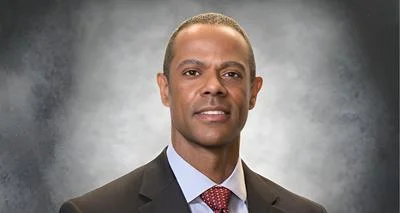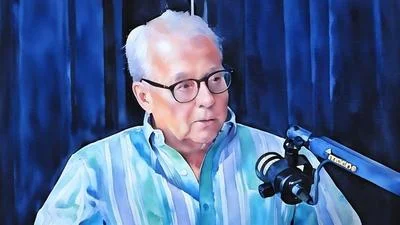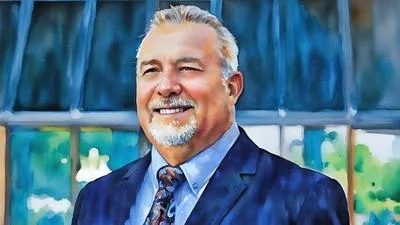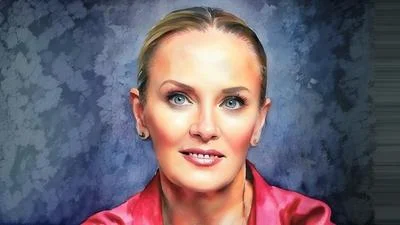Polarization fuels gridlock in New Mexico and across the country, while primary rules and party machinery narrow voter choice. Reform advocates argue that healthier elections require broader participation and new incentives for candidates to speak to everyone, not just the partisan base. Bob Perls, chair of the Forward Party of New Mexico, presses that case while organizing a petition drive to qualify the party and spotlight changes such as open primaries, ranked-choice voting, term limits, and campaign-finance reform.
Perls served as a New Mexico state representative and later as a U.S. diplomat. He built a medical technology company in Albuquerque for 25 years, co-founded a renewable energy company and a cybersecurity company, and helped write the state’s charter school act. He also founded New Mexico Open Elections, which spent 10 years pushing primary reform and secured passage of a limited open-primaries law that takes effect for the June 2026 primary.
Perls frames the Forward Party as an antidote to a system he calls performative and exclusionary. “The Forward Party is about bringing people together, representing independent voters who are now basically half the voters in America,” he says. “People want to pick and choose … they don’t want to be told how to vote … they don’t want a rigid ideology.” He adds that semi-open primaries arriving in 2026 will shift campaigns. “Candidates are reaching out for the first time to independents… without independents, they cannot get elected.”
Signature gathering now stands between the Forward Party and legal recognition. “The Forward Party, to become an officially recognized party in New Mexico, has to submit 3,500 valid signatures to the Secretary of State from any registered voter,” he says. “You can download a form, sign it, ask your neighbors and family to sign it, and forward it to our P.O. box.” He calls municipal election day “the perfect day to collect signatures … you’re allowed to do it as long as you’re 50 feet away from the door.”
Perls views primary structure as the root of hyper-partisanship. “All voters should be able to vote for all candidates, and all candidates should have to reach out to all voters,” he says. “So much of the hyper partisanship and polarization is because our candidates are only talking to the hardcore party base who turn out in low-turnout primary elections.” He warns that “we’ve got 5 or 6% of the populace electing our candidates,” given low registration and low primary participation.
Competition, he says, belongs in politics no less than in business. “I believe in competition. Competition works, capitalism works. And yet we have no competition in politics. We are targeting races where there’s no competition in the general. We are not going to become a spoiler party.” Gerrymandering and safe seats sap accountability, he says. “People have to have choice. We have more choices of cereal and ice cream than we do candidates.”
He says the broader health of civic life concerns him as well. “You no longer have news sources that everybody trusts.” Consultants and candidates target a narrow sliver of voters, and money amplifies the incentives. “We have a Supreme Court decision called Citizens United, which now basically allows for unlimited, undisclosed funding of candidates … corporations and unions are not individuals.”
Voting remains his baseline prescription. “We don’t have a democracy if people don’t vote,” he says. “The people who whine the loudest are the ones not voting … municipal elections see 3 or 4% turnout … you and your neighbors can have a profound difference.”
Perls casts the Forward Party’s approach as principle-driven and locally tailored. “The National Forward Party sets down a set of principles that we should stick with,” he says. For example, following the rule of law, following the Constitution, respecting everybody's opinion, engaging in civil discourse. State parties lay down priorities like democracy reform and putting kids first. We’re not doing specific policy solutions. That’s for candidates.” The reforms he favors are term limits, open primaries, ranked-choice voting or “some sort of proportional representation so that people who aren’t in lockstep with the two major parties can actually get elected.”









